Sunday, January 08, 2017
Sully
‘Sully’ is about many things: it’s about a cool-headed act of heroism executed under intense conditions and with no margin for error; it’s about how FAA investigators are basically witch-hunters but with corporate job titles; it’s about the different ways in which PTSD manifests; it’s about how a city claims heroes for itself; and most of all it’s about people doing their jobs.
Clint Eastwood’s direction acutely reflects this, to the point that even the villains of the piece – the soberly dressed men and women who do everything they can to prove an act of reckless endangerment on Chesley “Sully” Sullenberger (Tom Hanks)’s part – are just doing their job in the same way that Sully and co-pilot Jeff Skiles (Aaron Eckhart) were doing theirs, the Manhattan ferry operators who assist in getting the passengers ashore from the freezing waters of the Hudson were doing theirs, and the paramedics who tend to them were doing theirs.
There is very little in ‘Sully’ that isn’t about the minutiae of getting on with one’s job of work. Just as ‘Deepwater Horizon’ invested a sizeable chunk of its running time in explaining how an oil rig works and what the various people who work on it are individually responsible for, and only gets down to the big disaster movie set pieces once all the necessary exposition has been delivered, so ‘Sully’ spends more time with its eminently professional and quietly understated protagonists as they go about their day-to-day (albeit a day-to-day that involves smug people in suits trying to blame them for deep-sixing an aeroplane and never mind that they saved every single passenger) than it does in said plane when it finally puts down on the Hudson.
In fact, Eastwood almost teases the audience with several iterations of the water landing (as Sully coolly corrects an investigator who refers to it as a “crash”). We first see it as Sully’s nightmare in the immediate aftermath; then in part as Sully almost seems to doubt his own judgement during a conversation with his wife (an underused but still effective Laura Linney). It’s very late in the film before Eastwood shows the whole thing, and his aesthetic is austere and realistic. What many directors would stage as a cathartic, even rousing, set-piece is here a jolting and immersive piece of visceral filmmaking. Notwithstanding that everyone knows the outcome – everyone survived – Eastwood communicates the urgency of the forced landing, the against-the-clock necessity of getting everyone off the plane before it sank, and the hypothermia-inducing temperature of the river.
To reiterate: ‘Sully’ is a damned fine film when it concentrates on, and offers up an unsentimental hymn to, the importance of professionals doing their job and trusting their instincts. Its footing is less sure elsewhere, though. The vignettes that introduce a handful of the passengers are lazy to the point of stereotypical. A scene in a bar where an overly garrulous bartender and two drunks are so overwhelmed to meet Sully that their effusiveness embarrasses him is staged like a particularly unfunny outtake from ‘Cheers’. Two other nags: Eastwood’s commitment to an austere aesthetic bleeds the film of any visual distinction; and the editing is fussy and sometimes distracting.
What can’t be denied, though, is that ‘Sully’ communicates its key points simply and with clarity. Hanks and Eckhart do sterling work, both actors bringing lightly-worn gravitas to the roles, and playing off each other in a wry and ironic style. I’d even suggest that, in Tom Hanks’s refusal to make his characterisation of Chesley Sullenberger a performance, he gives the performance of his career.
Subscribe to:
Post Comments (Atom)
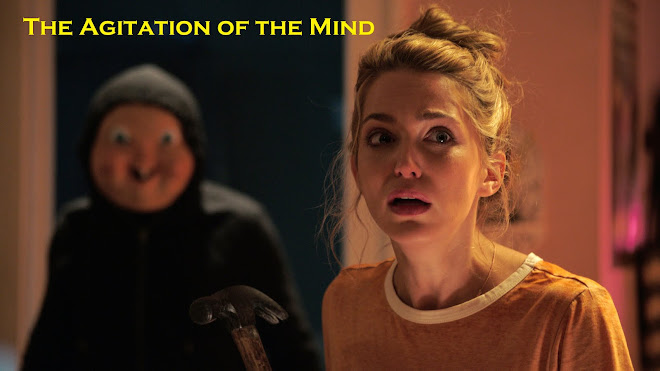

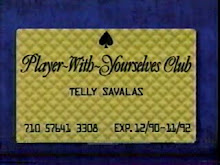
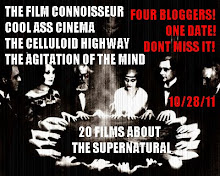
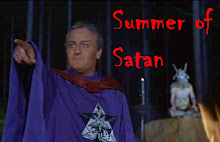
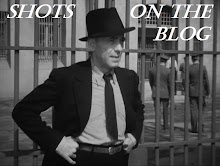











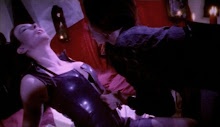





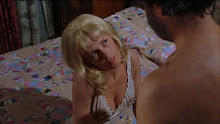
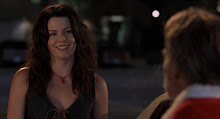








No comments:
Post a Comment